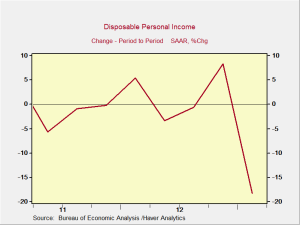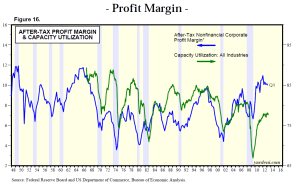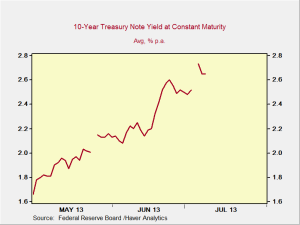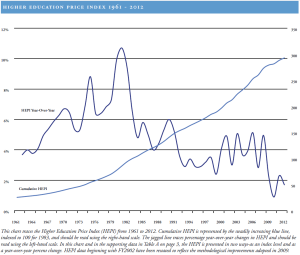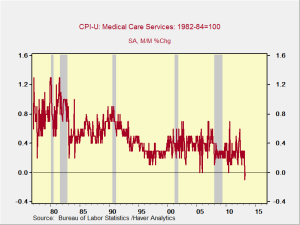The data that has come out over the past couple of days has been somewhat contradictory, but, taken in context, I think it gives us a reasonably good idea of where we are economically.
The bad news is that second-quarter economic growth is probably going to be much weaker than people think, for several reasons. First, consumer spending has been growing more slowly than estimated; second, business investment has been declining faster than projected. Both of these factors have already contributed to the downward revision in first-quarter growth, and their effects have extended to the second quarter as well. The third major factor is that the U.S. trade deficit has come in much higher than expected, which will further knock economic growth for this quarter.
When we consider the details, though, things look better. First, much of the slowdown was due to weakness elsewhere in the world, which now seems to have been incorporated in U.S. activity. Second, the decline in the trade balance is arguably a good sign overall, as it suggests stronger domestic spending. Third, the slowdown in spending by both consumers and business largely took place in April, and spending seems to have picked up again in May and June.
The big picture here is that we had a second-quarter slowdown, like previous years, but we still grew. Moreover, we did so in the face of weakness in the rest of the world, as well as the turbulence in May and June, not to mention interest rate increases from the Fed’s intimations of exit. This actually says to me that growth is reasonably well positioned going forward.
Further, the most recent data is more encouraging. Employment grew more strongly than expected, according to the latest reports, as did personal income. Earlier, weaker reports had significant upward revisions. Importantly, state and local governments, and even the federal government, are starting to be positive rather than negative contributors. The rest of the world is also looking somewhat stronger.
Overall, the picture is a bit cloudy but generally encouraging from an economic perspective. In this sense, what we are seeing in the economic commentary is an expectation that the Fed will indeed start tapering (that is, reducing) its stimulus measures in September, driven by the improving economy as well as a growing fear that the risks of maintaining stimulus exceed those of decreasing it.
That may be, but I have my doubts. I’ve been writing for some time that, economically, we are in a sustainable recovery—and, from a strictly economic perspective, I agree that stimulus should be reduced. From a political perspective, not so much.
As I wrote a couple of weeks ago, from a federal budget standpoint, we are at Defcon 1 and have been since mid-May. We should hit the red line on the federal debt limit sometime around September—right around when the Fed will decide whether to start tapering.
It could be that Congress will, unlike past times, quickly come to an agreement to raise the debt ceiling, without any confrontation or drama. If so, and if done before the Fed’s meeting, tapering would probably make sense. I am not sure, were I Ben Bernanke, that I’d be willing to bet on that.
Another critical political event, the German elections, also happens in September. As we are seeing with Portugal right now, the European crisis is far from resolved, and when everyone returns from summer vacation, we often see more volatility in Europe.
Given all of the political balls in the air, here and abroad, I have serious doubts whether it makes sense to start the taper in September. December is more likely, assuming everything goes well in September, but even then, the Fed may be cautious. The markets seem to be realizing this as well. Rates spiked on Friday but today are drifting down again.
Overall, I am encouraged by the latest data, but the recent weakness combined with the pending political issues suggests that we’re not completely out of the woods yet, and that the Fed may well hesitate before declaring victory.


